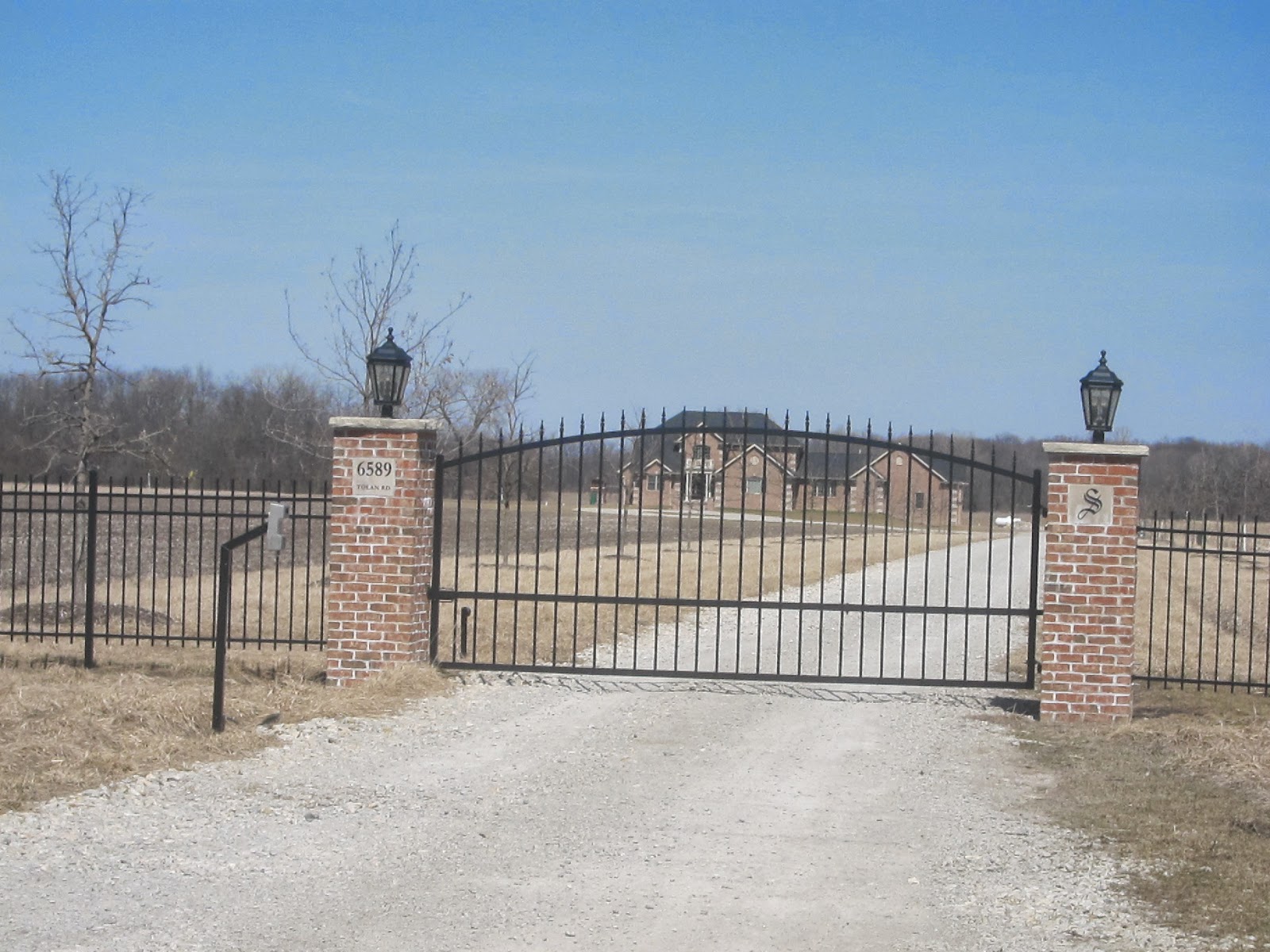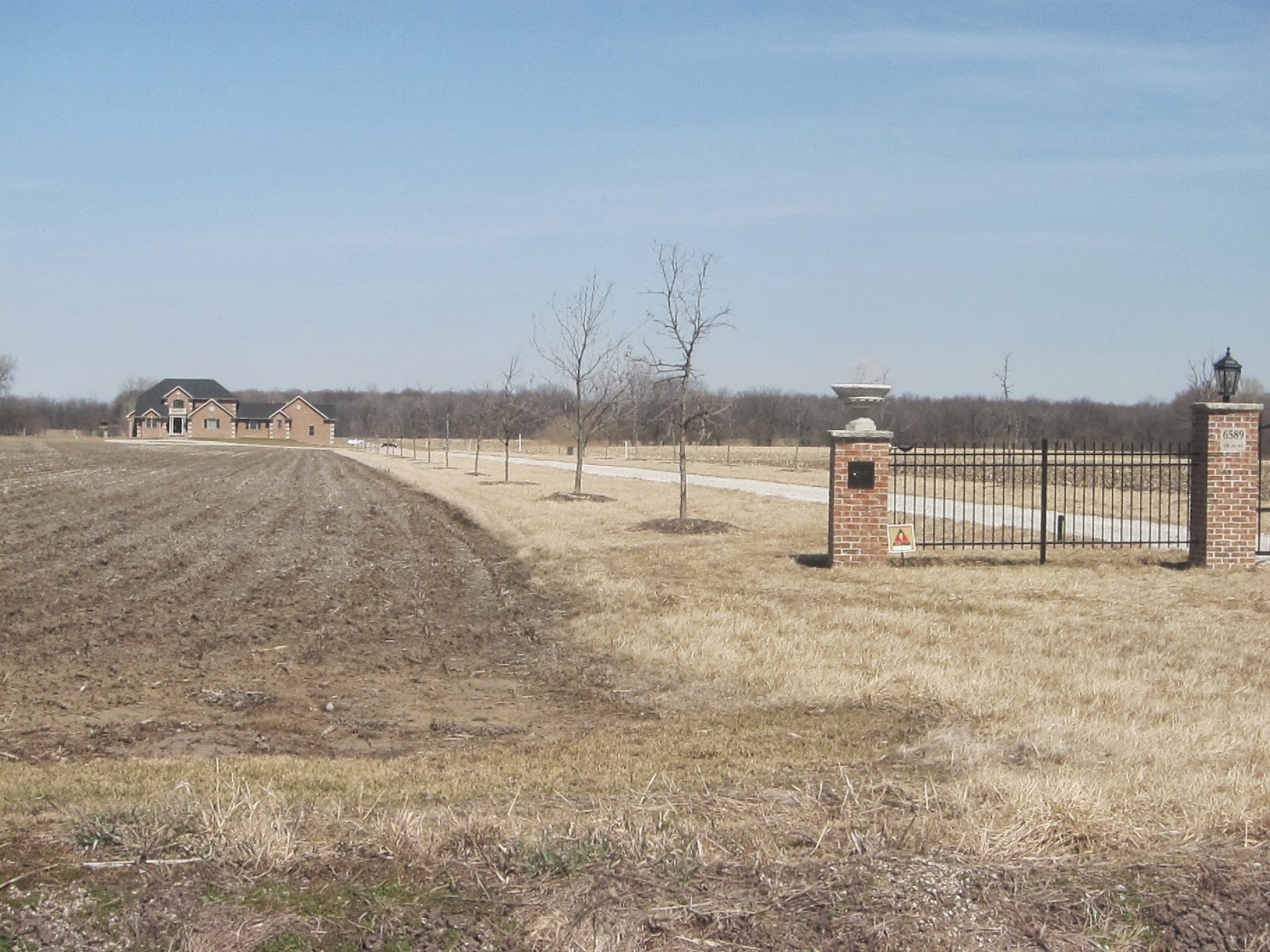One nice
thing about airplane travel – perhaps the only nice thing – is
the opportunity it affords to catch up on one's reading, which is how
I came to finally finish a months-old New Yorker piece, “The Intelligent Plant.”
In it,
author Michael Pollen explores some of the exciting research under way in the
new field of plant neurobiology:
Its
proponents believe that we must stop regarding plants as passive
objects — the mute, immobile furniture of our world — and begin
to treat them as protagonists in their own dramas, highly skilled in
the ways of contending in nature. They would challenge contemporary
biology's reductive focus on cells and genes and return our attention
to the organism and its behavior in the environment.
Already
scientists have discovered that “trees in a forest organize
themselves in far-flung networks, using the underground web of
mycorrhizal fungi which connects their roots to exchange information
and even goods.” They even engage in interspecies cooperation, with
evergreen trees tiding over the deciduous ones when they have sugars to
spare, then calling in the debt later in the season.
For the
forest community, the value of this cooperative underground economy
appears to be better overall-health, more total photosynthesis, and
greater resilience in the face of disturbance.
Other
researchers are finding that plants can act with intention, learn and remember, and that
“roots can tell whether nearby roots are self or other, and, if
other, kin or stranger.” They can alter the flavor or texture of
their leaves to repel, and even kill, browsers. And some, when
attacked by caterpillars, can emit chemical distress calls that
parasitic wasps — “plant bodyguards” — follow to find and
destroy the caterpillars.
Not
surprisingly, the findings are meeting with resistance from
scientists who do not want to convey to plants the traits of
intelligence, feeling and self-awareness that they are only now, and
grudgingly, conferring to animals. As Pollan writes:
Descartes,
who believed that only humans possessed self-consciousness, was
unable to credit the idea that other animals could suffer as pain. So
he dismissed their screams and howls as mere reflexes, as meaningless
physiological noise. Could it be remotely possible that we are now
making the same mistake with plants?
I
believe it's not only possible, it's highly likely, seeing as how we
have been so wrong so often when we dismiss or downplay the
attributes of other species — especially so can justify our
careless and easy exploitation of them. And I wondered how human
consciousness would be altered if it expanded its understanding to value the plants that actually make every aspect of our existence
possible.
Some
scientists, such as Stefano Mancuso, are already thinking about that:
[P]lants
hold the key to a future that will be organized around systems and
technologies that are networked, decentralized, modular, reiterated,
redundant — and green, able to nourish themselves on light. “Plants
are the great symbol of modernity.” Or should be: their
brainlessness turns out to be their strength, and perhaps the most
valuable inspiration we can take from them.
Mancuso
and others believe that because plants are sensitive and intelligent beings,
we are obliged to treat them with respect, protecting their
habitat, and avoiding such practices as growing them in monocultures,
training them in bonsai and genetic manipulation. That does not
preclude eating them; Mancuso notes plants evolved to be eaten, given
their modular structure and lack of irreplaceable organs.
Reading
the piece reminded me of my original, and enduring, opposition to
genetic engineering, which began as resistance to the practice of
using plants to create drugs and industrial compounds. I saw it as
essentially using them as slave laborers, just like we've done with
bees, to their great detriment, and it felt morally wrong.
I'm sure some will object to my
anthropomorphic terms. But just as we're starting to see it's wrong
to turn a killer whale into an amusement park attraction, or a monkey
into a lab experiment, perhaps one day we'll realize it's equally
wrong to treat plants like expendable commodities that exist only to be manipulated or destroyed, as suits our own narrow purposes.



















